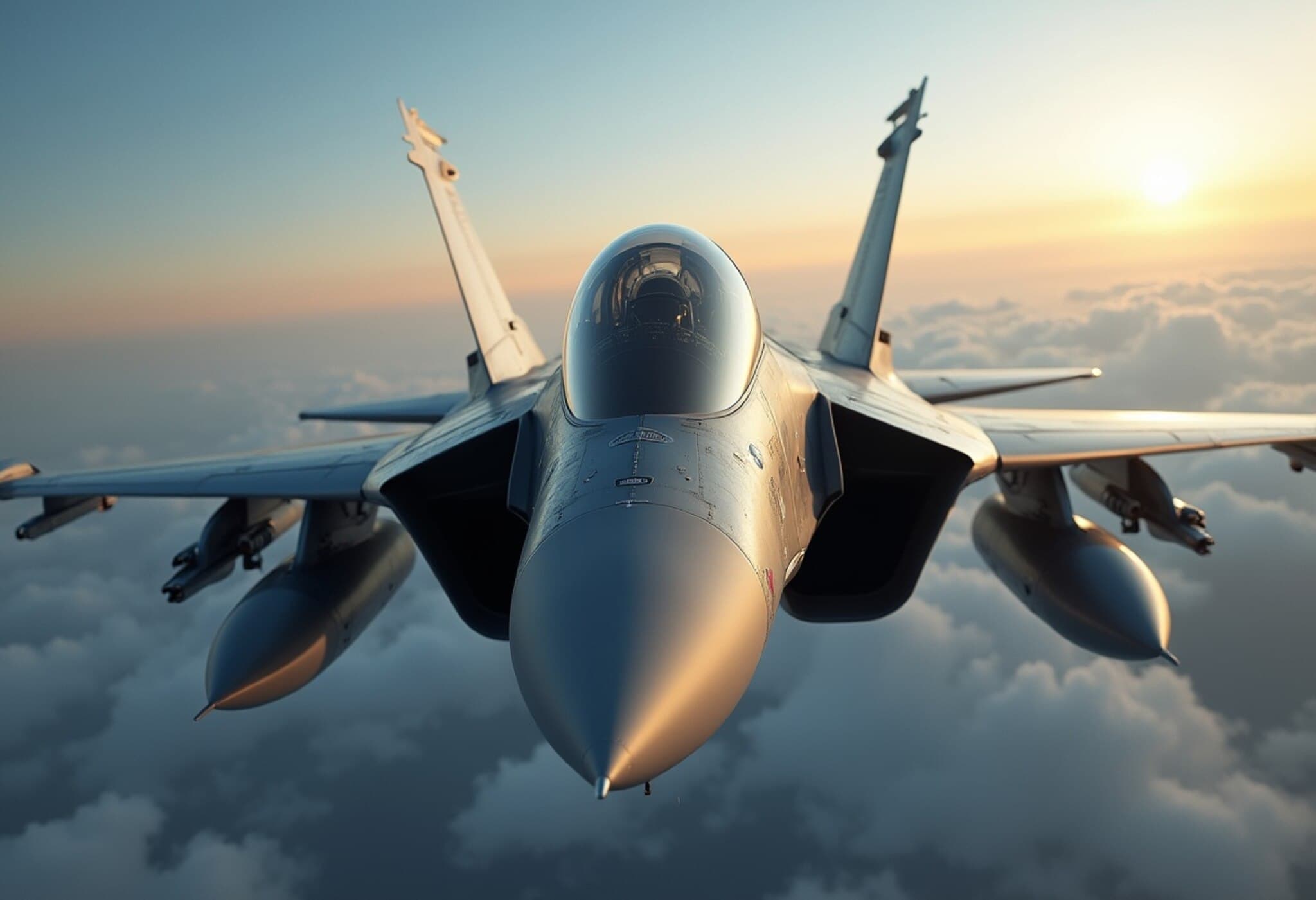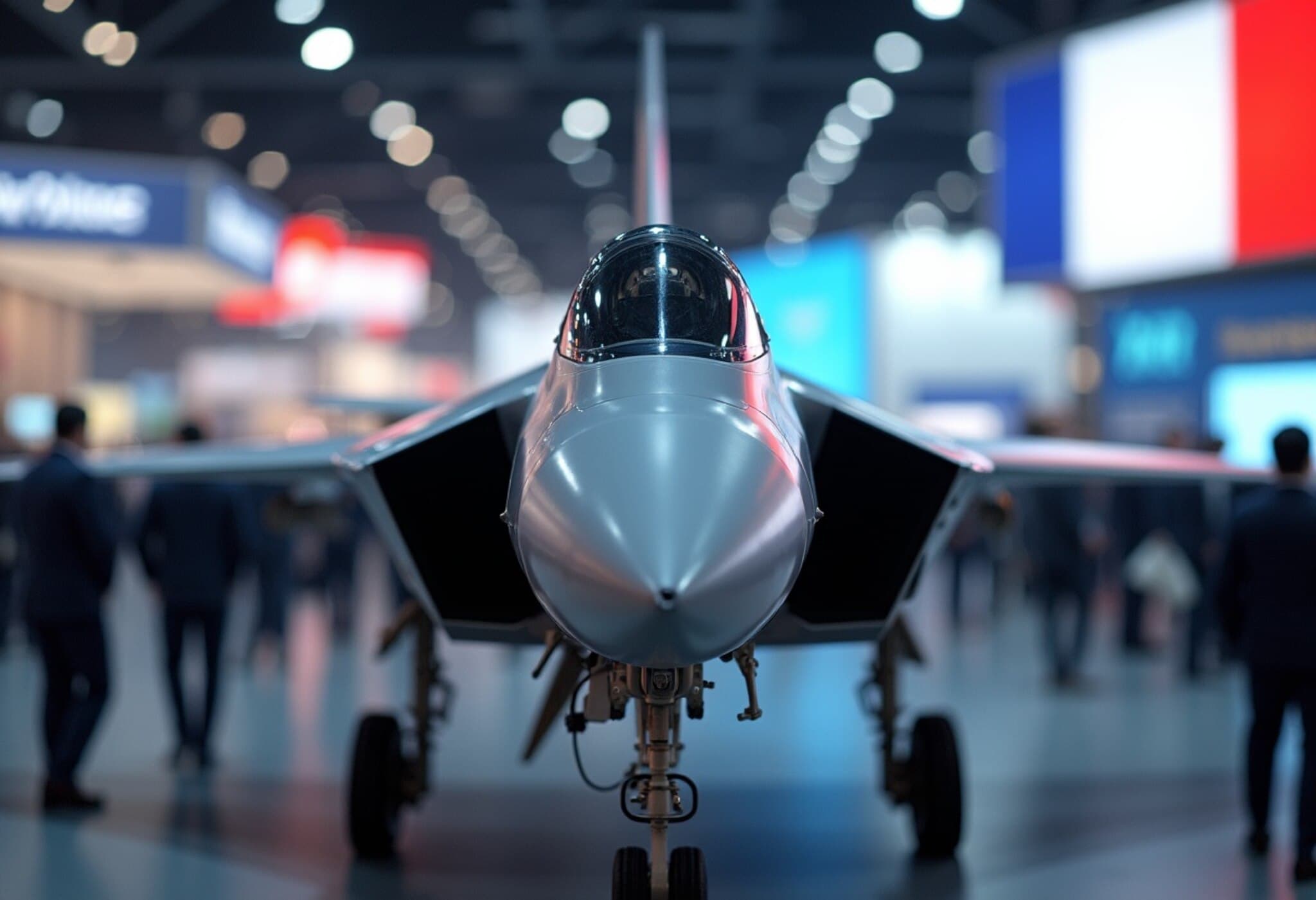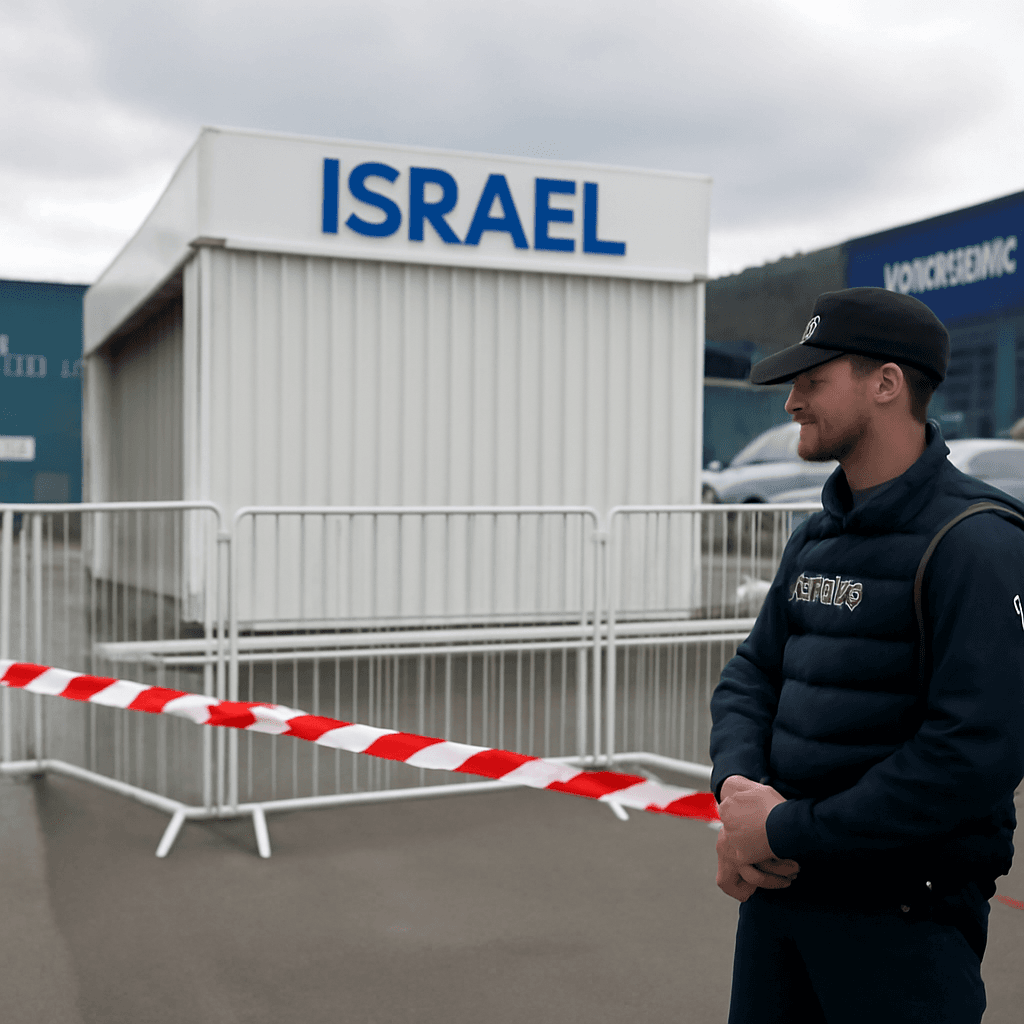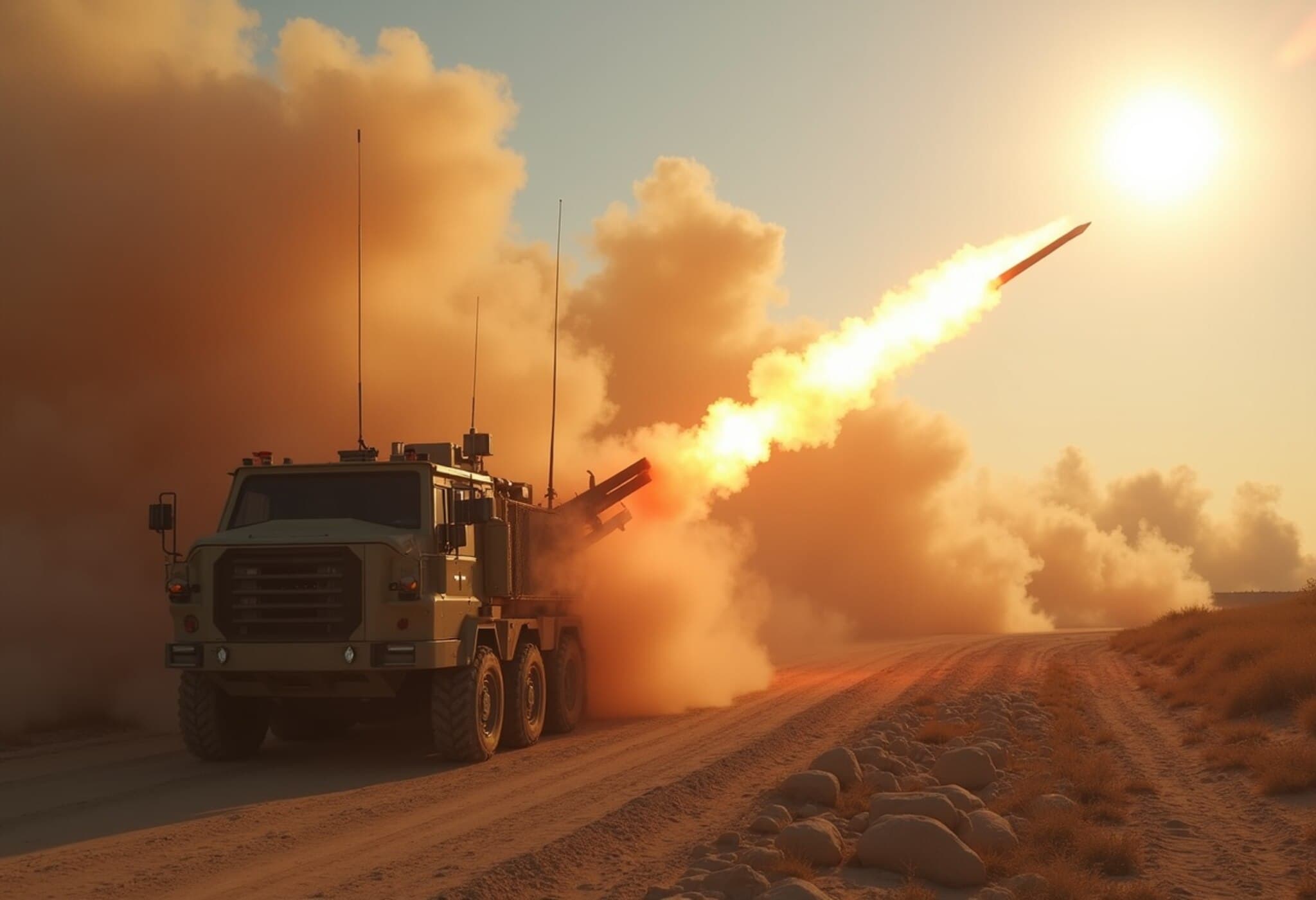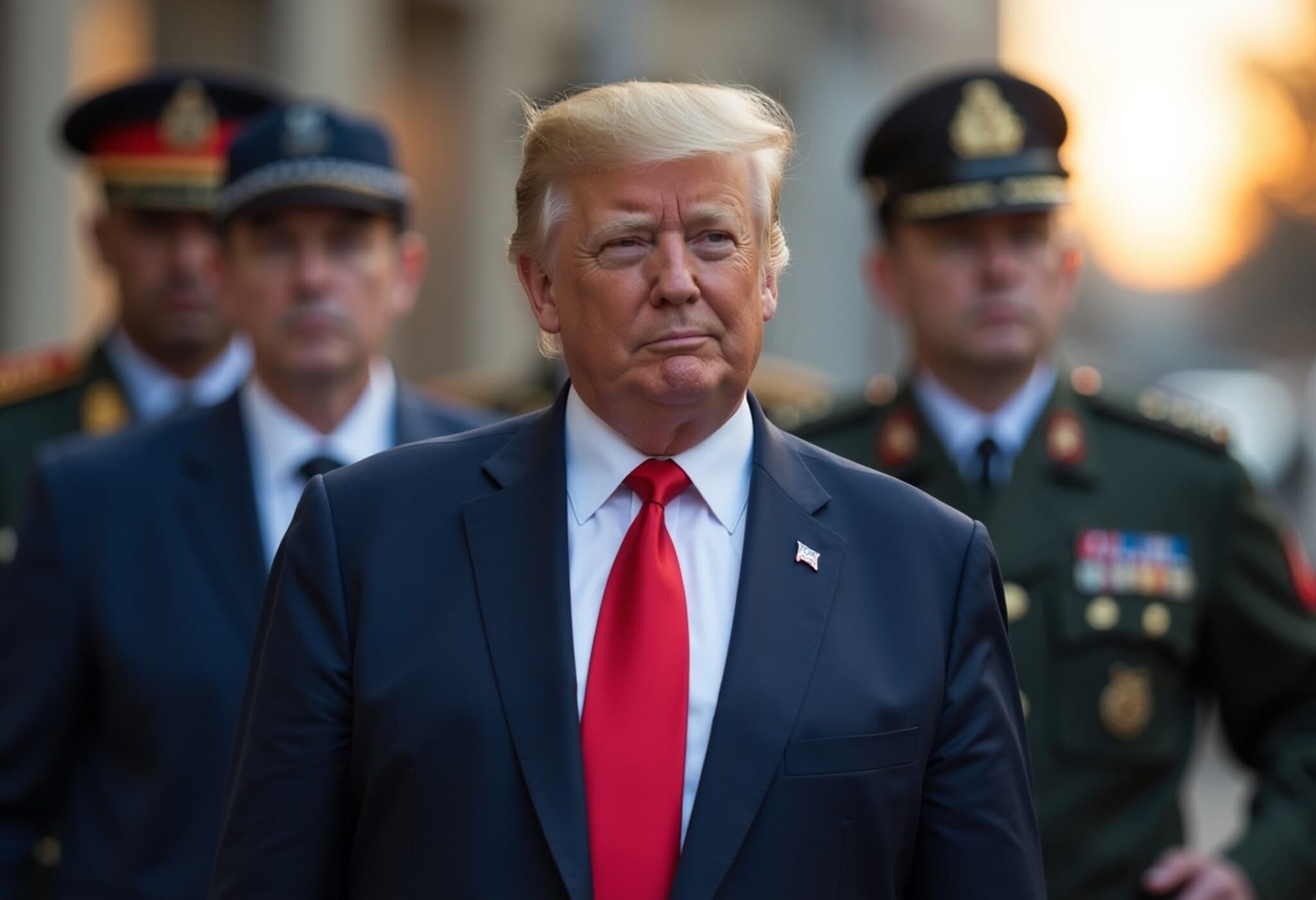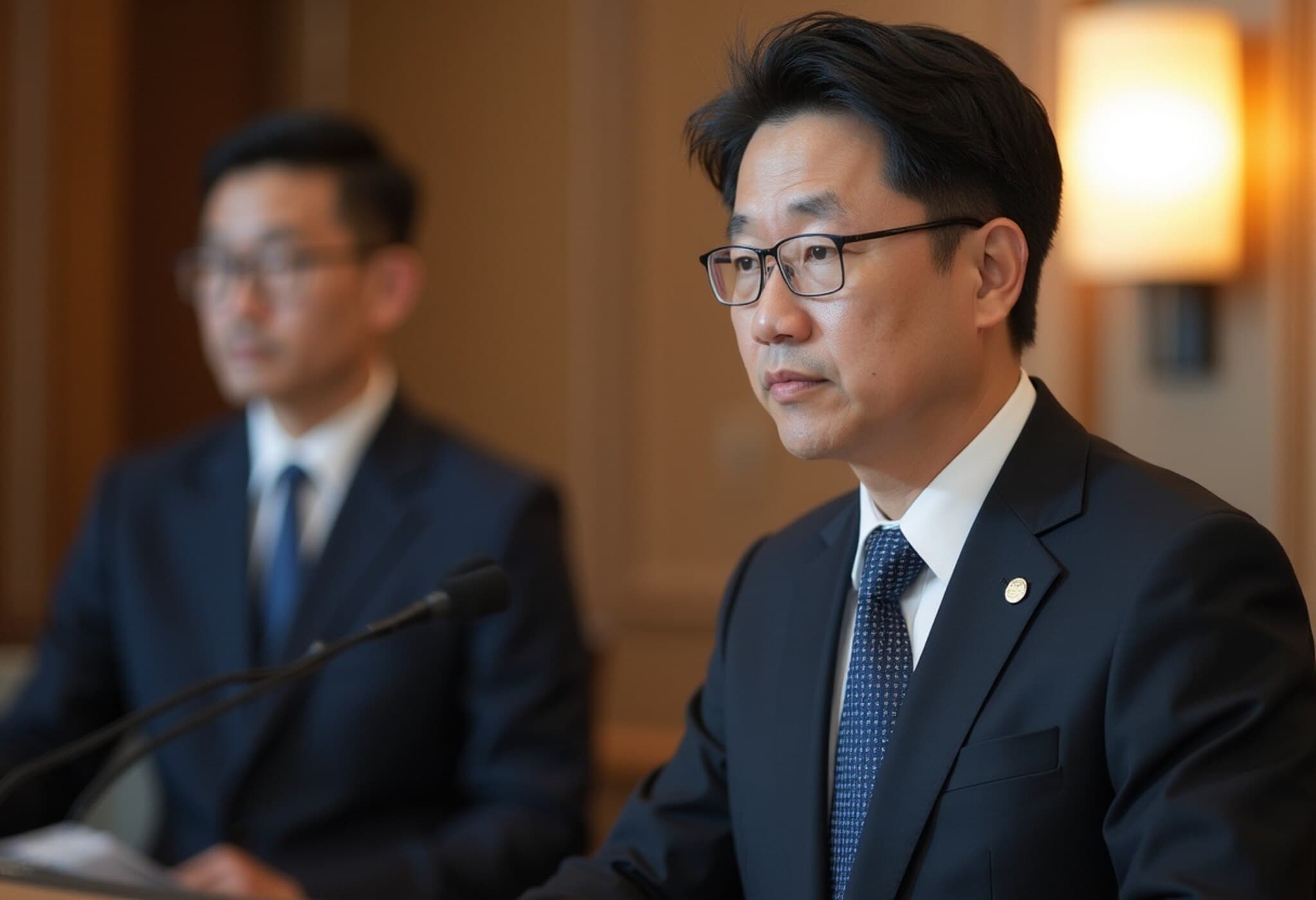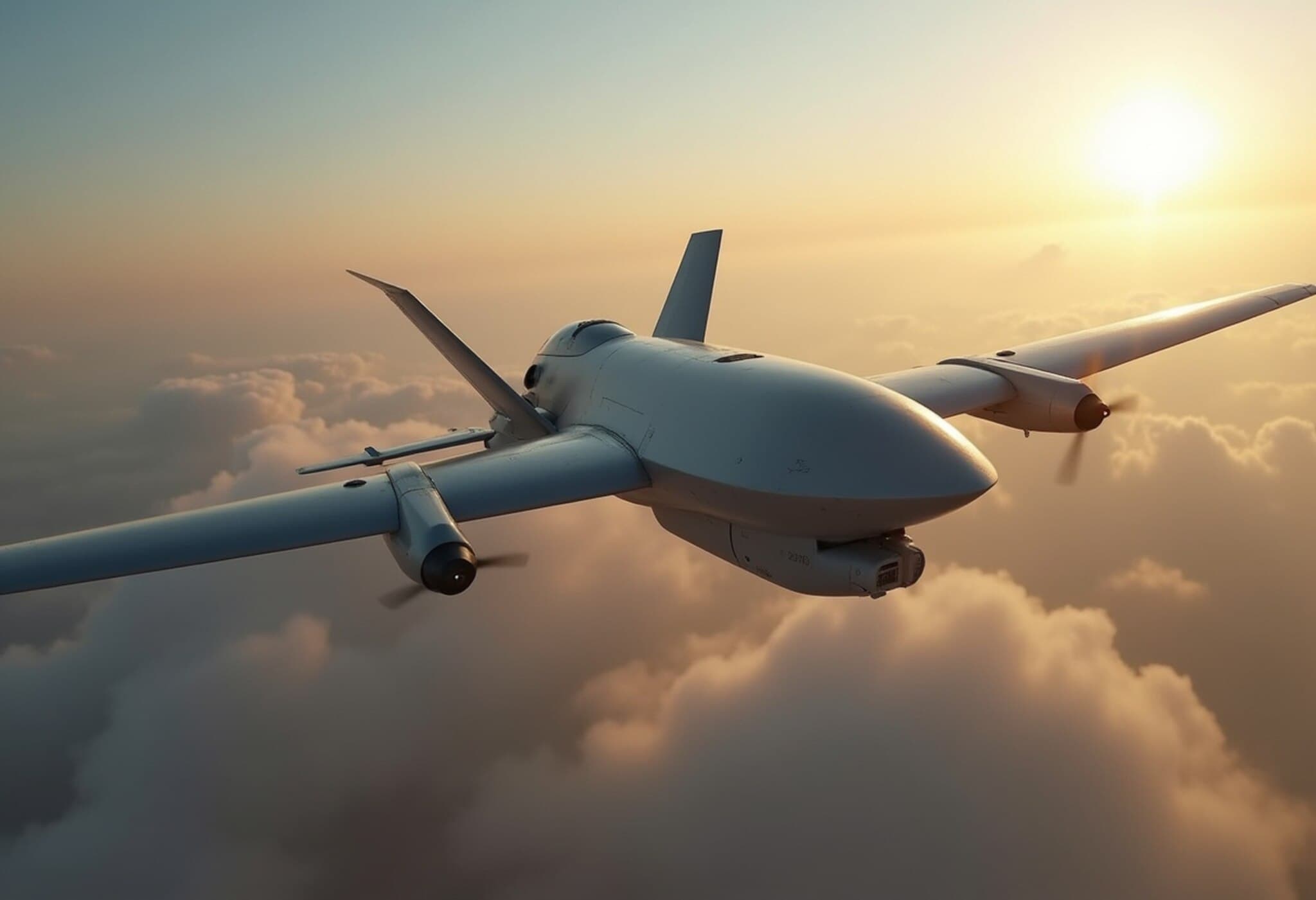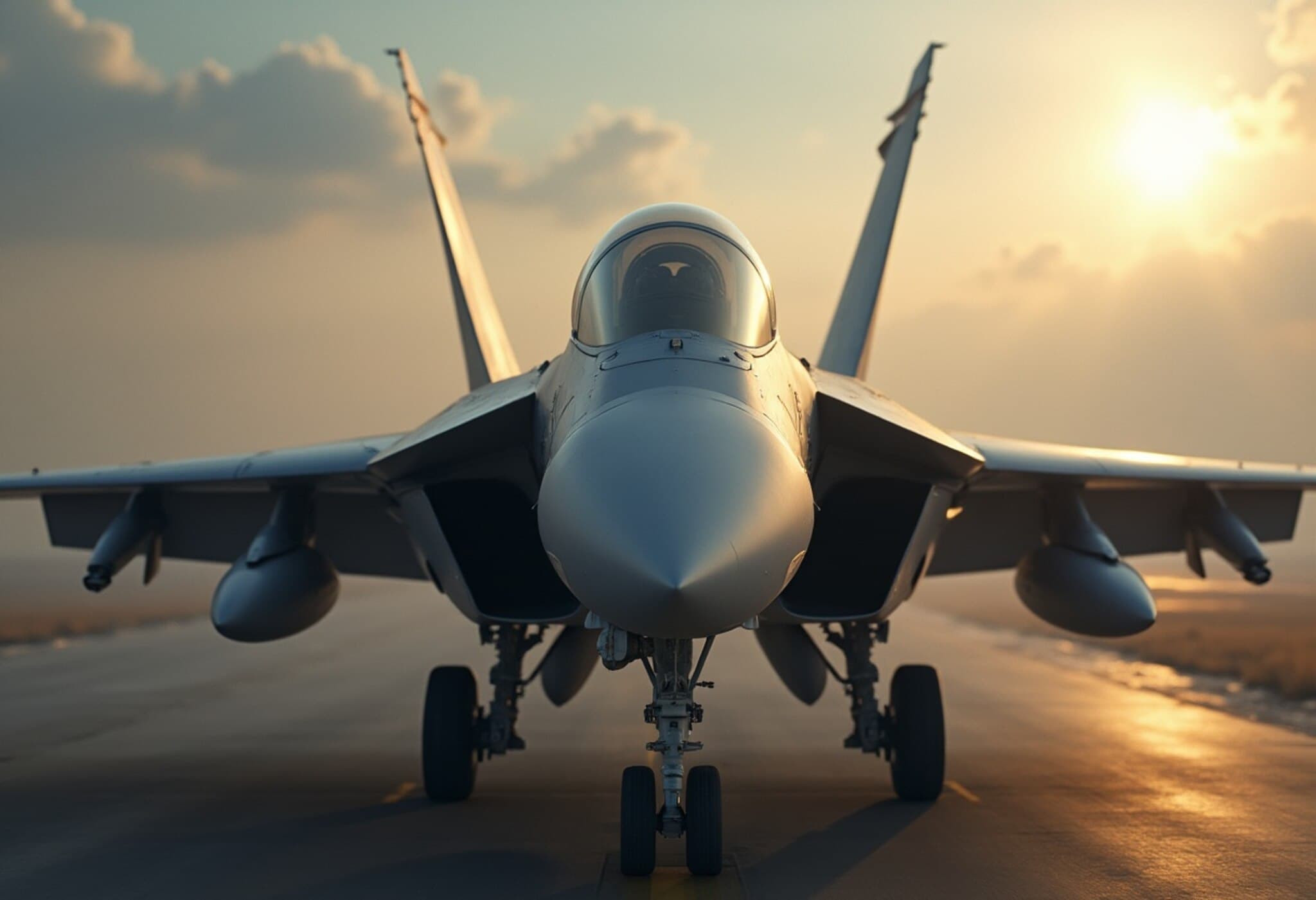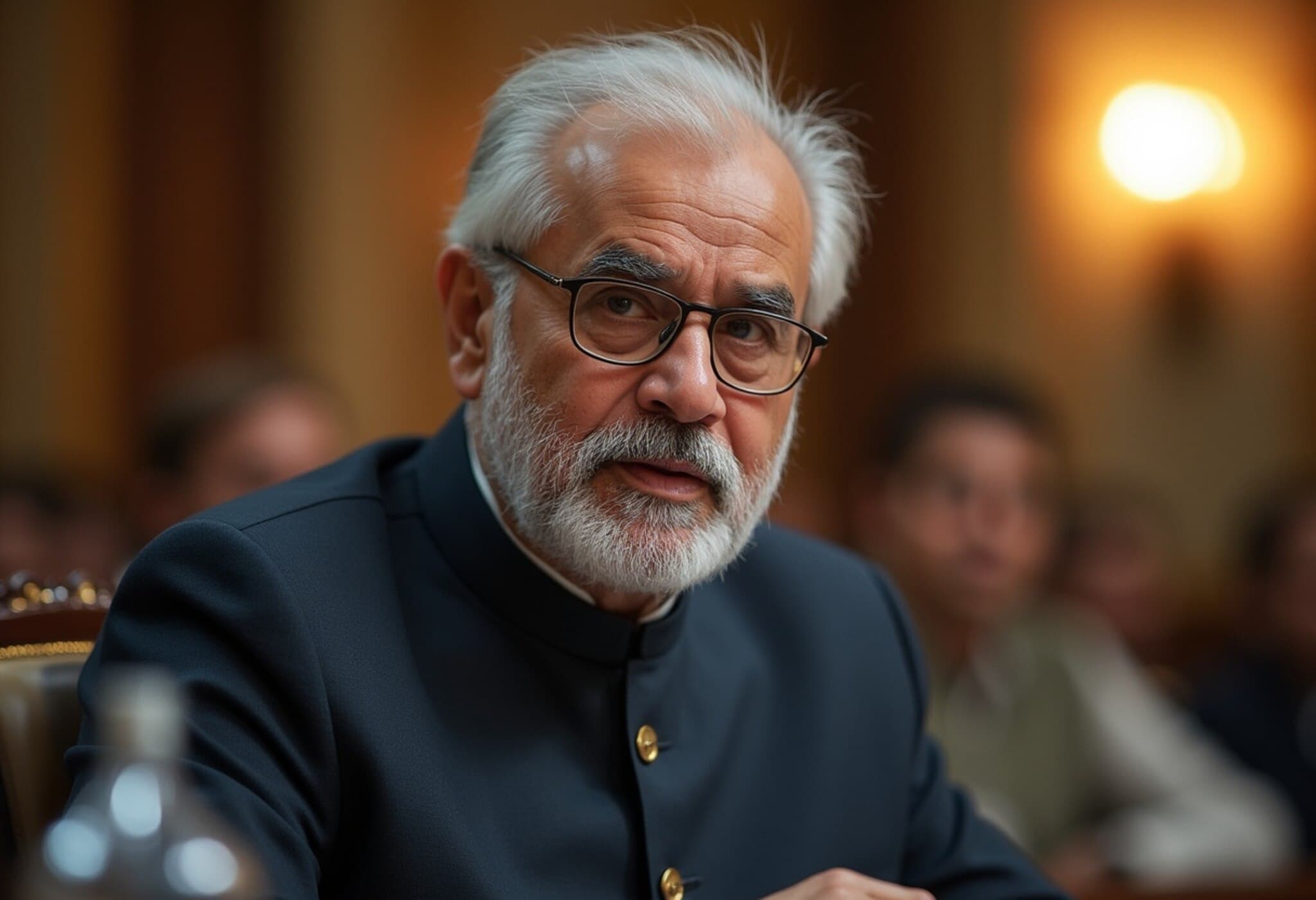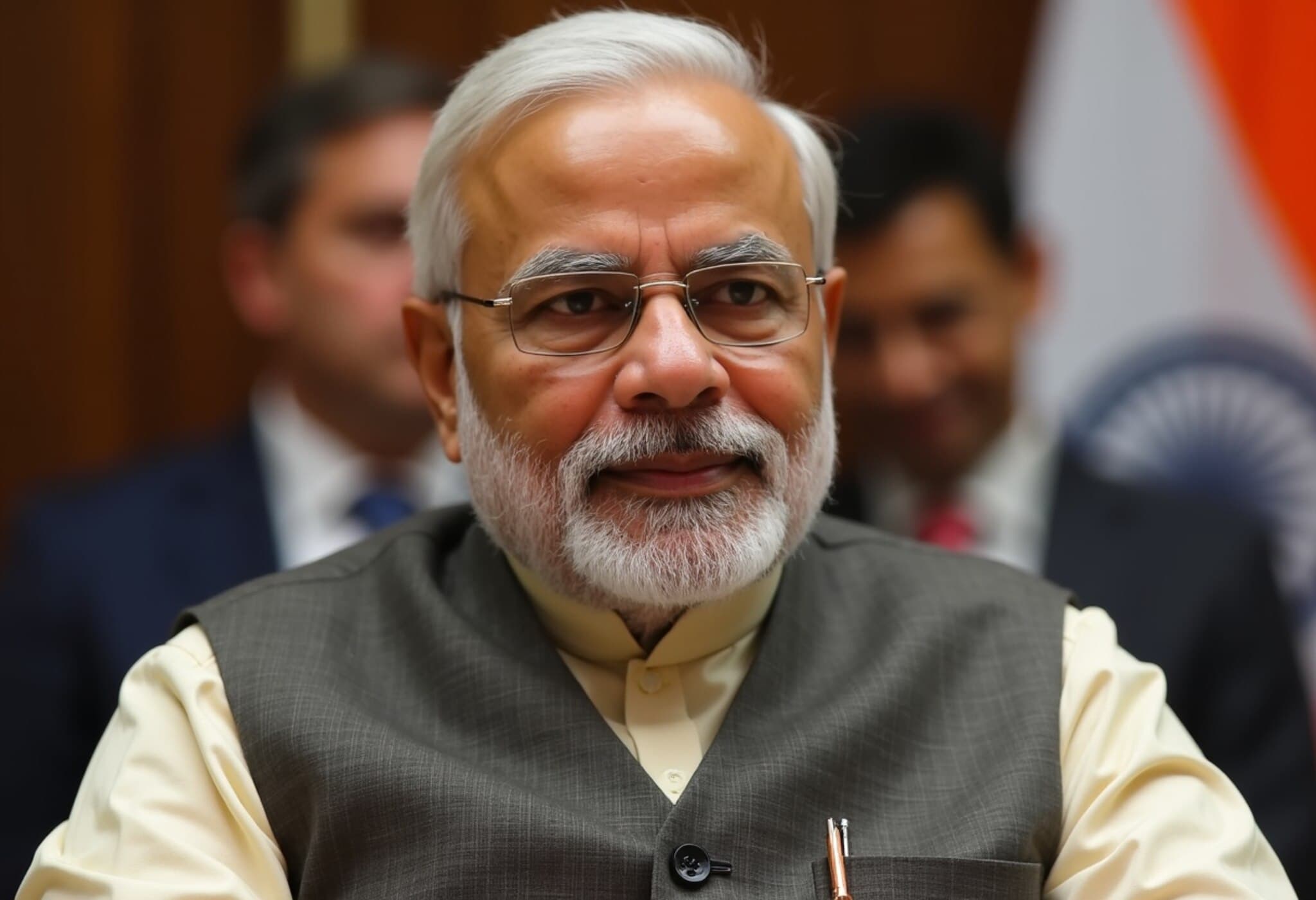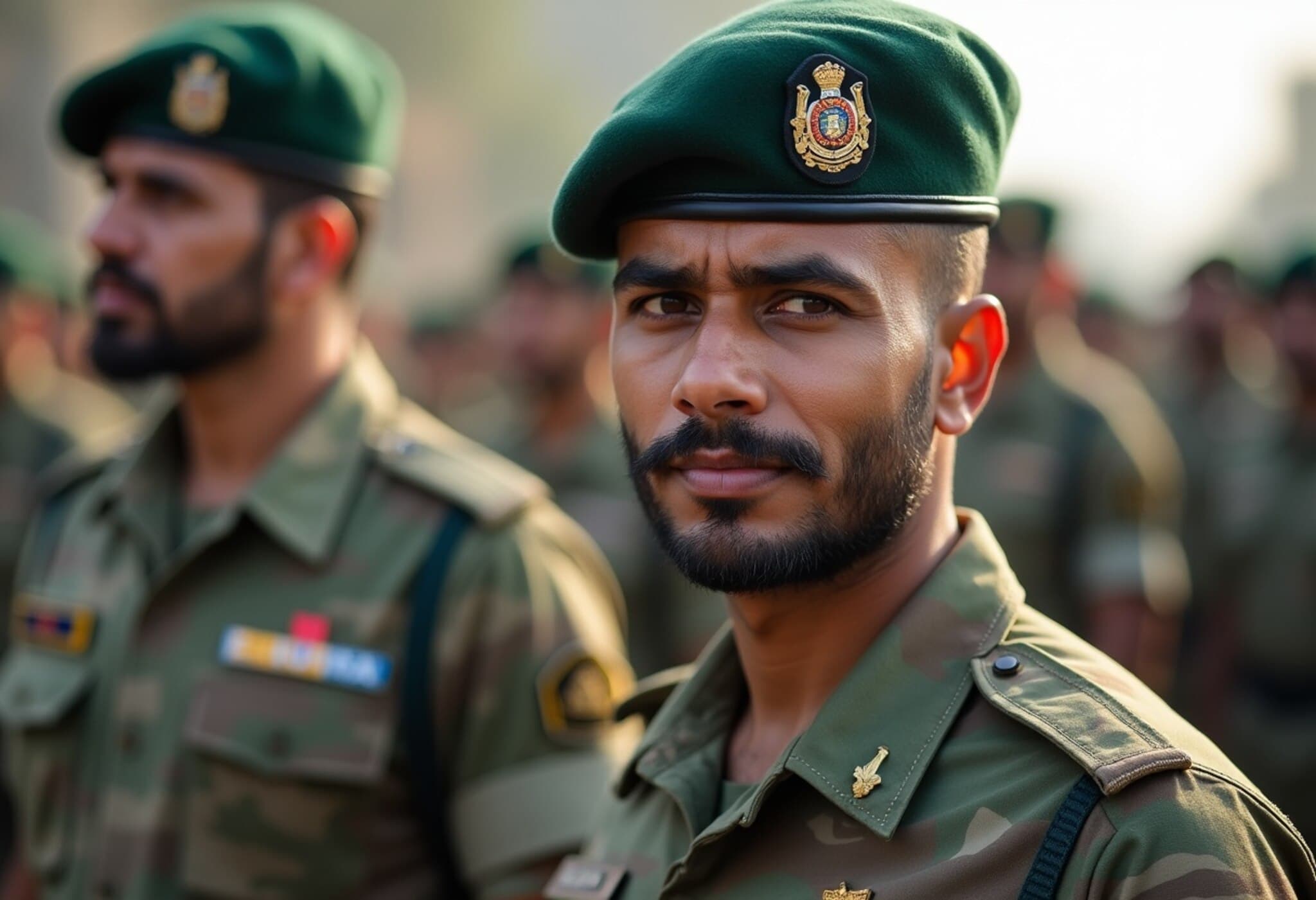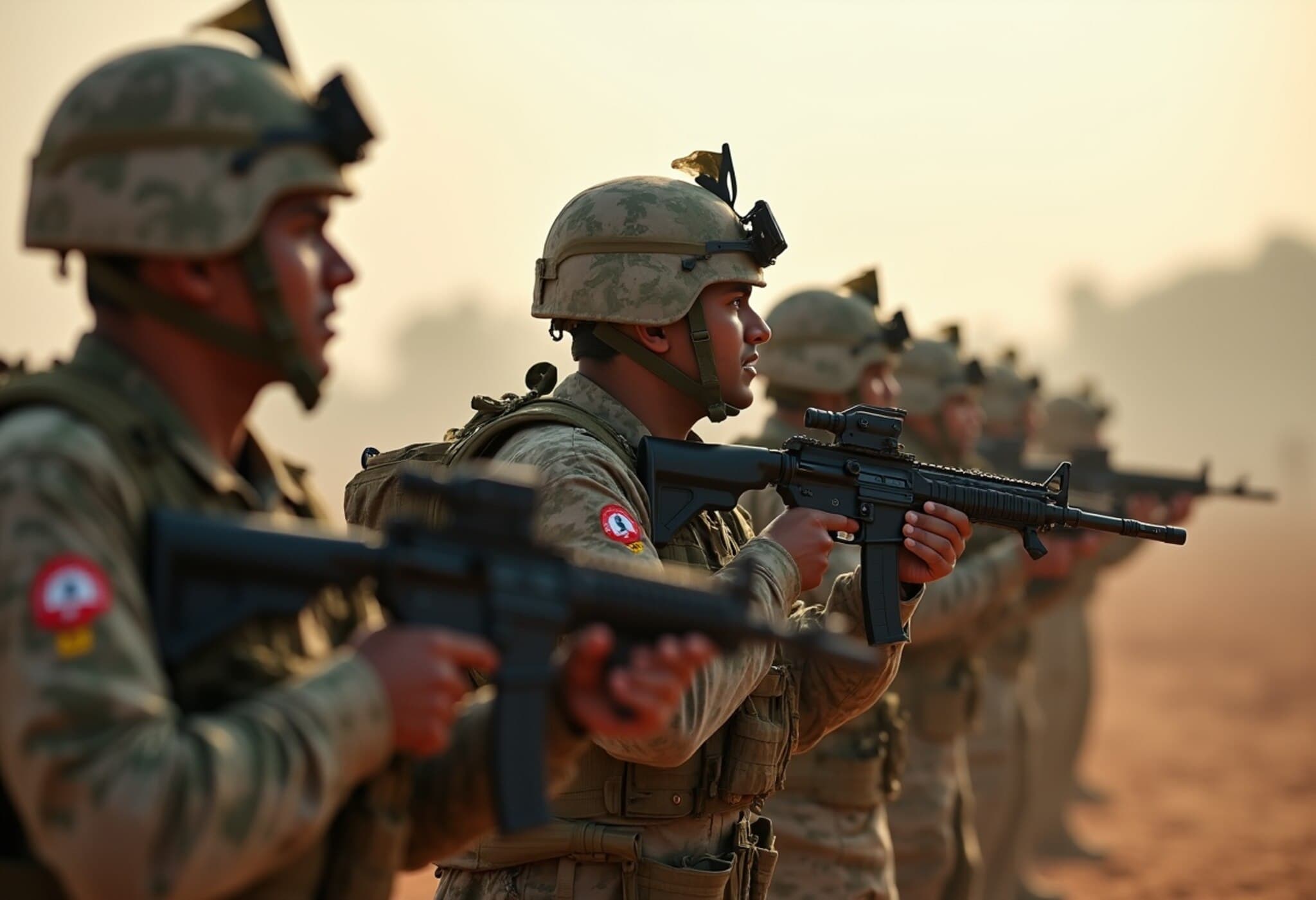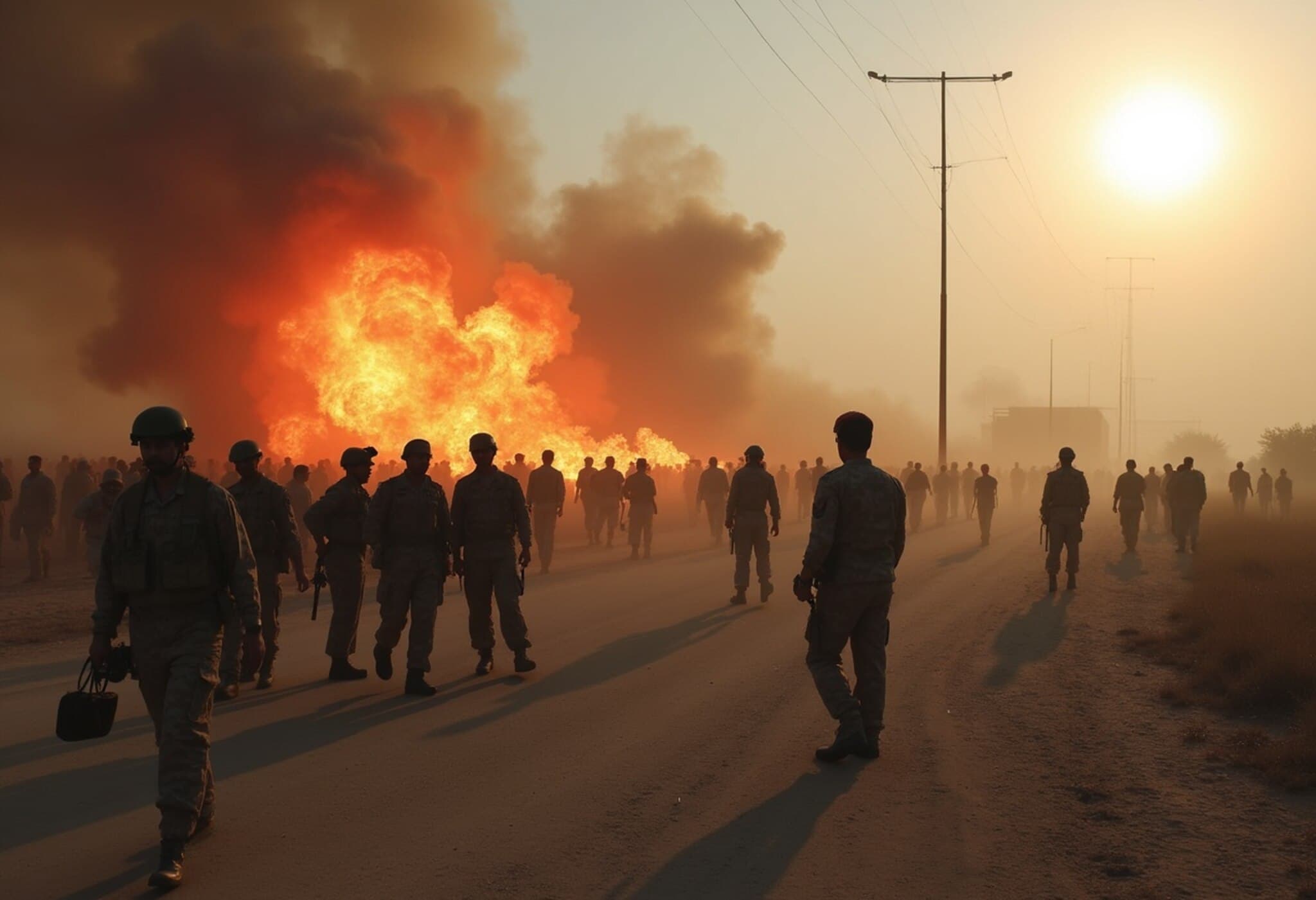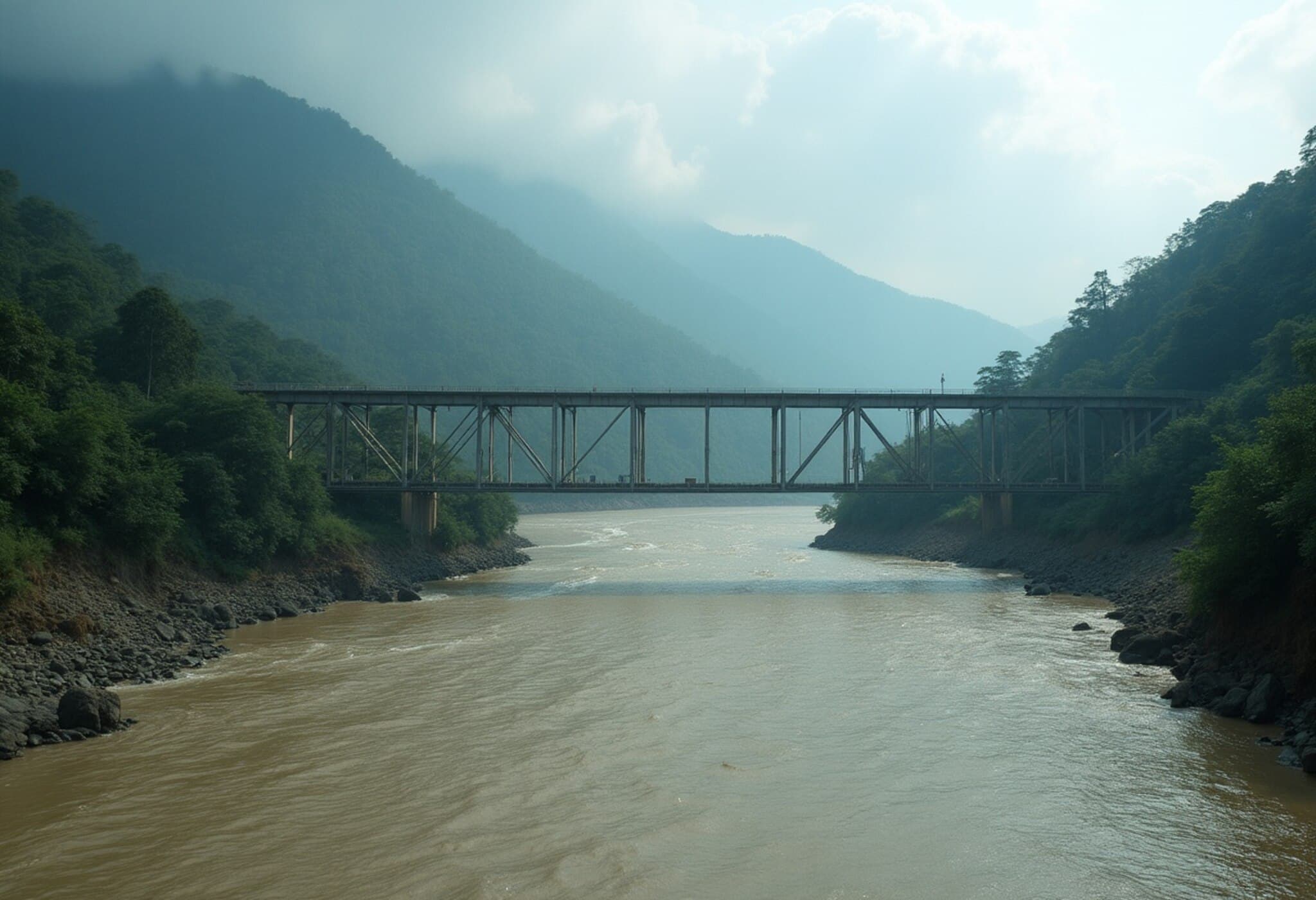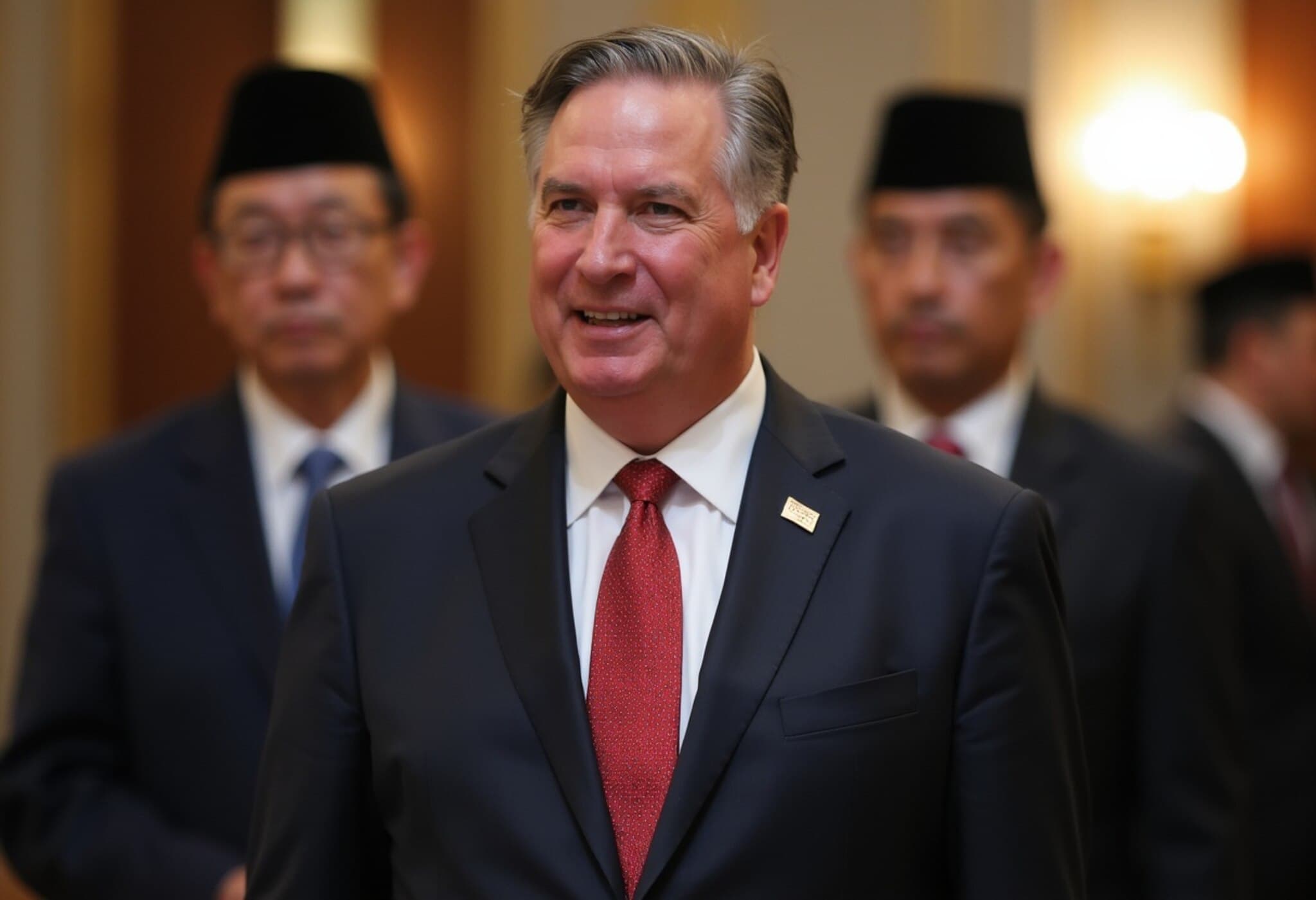Dassault CEO Clarifies Rafale Losses During Op Sindoor
Éric Trappier, Chairman and CEO of Dassault Aviation, has put to rest circulating rumors regarding the fate of India’s Rafale fighter jets during the recent military confrontation known as Operation Sindoor with Pakistan. Speaking to French defense media outlet Avion De Chasse, Trappier firmly stated that no Rafale jets were lost due to enemy fire. Instead, a single aircraft experienced a technical failure at a high altitude but was not downed by hostile action.
Inside the Incident: Technical Failure Amidst High-Altitude Operations
Trappier elaborated on the circumstances surrounding the incident, noting it occurred above 12,000 meters during an extended training mission. Importantly, this incident involved no hostile radar activity or aerial engagement, underscoring that the loss was a mechanical issue rather than combat damage. This clarification addresses widespread and conflicting reports that suggested Indian Rafales had been downed in the aerial skirmishes with Pakistani forces.
Indian Officials Affirm Rafale Operational Integrity
Further, Singh stressed, “There were no political constraints on our armed forces, and they had full operational freedom.” This counters narratives suggesting that political caution limited military action during the Operation Sindoor engagement.
Balancing Truths: Official Admissions and Military Caution
Earlier, India’s Chief of Defence Staff, General Anil Chauhan, acknowledged limited Indian aircraft losses during a keynote at the Shangri-La Dialogue in Singapore. However, he categorically refuted Pakistan’s claim of downing six Indian jets, including Rafales, labeling such assertions as “absolutely incorrect.”
Complementing this, India’s Defence Attaché to Indonesia, Navy Captain Shiv Kumar, offered a nuanced view during a seminar in Jakarta. While denying the scale of losses alleged by Pakistan, he conceded that some aircraft were indeed lost. He attributed these to political directives restricting strikes on enemy military infrastructure and air defenses – a factor that potentially increased risks to Indian aircraft.
Geopolitical Undercurrents: China’s Role in Shaping Perceptions
Adding a layer of complexity, French intelligence sources suggest that China may be influencing the narrative surrounding the Rafale’s performance. According to classified reports cited by the Associated Press, Chinese defense attachés have been actively engaging with foreign governments, notably Indonesia, to dissuade them from procuring more Rafale jets. Instead, they are lobbying for Chinese-made fighter aircraft, potentially aiming to undercut the Rafale’s market competitiveness by casting doubts on its combat effectiveness.
This dimension underscores the broader geopolitical contest in the Indo-Pacific region, where major powers vie not only through direct military means but also via strategic influence and defense diplomacy.
What This Means for India’s Defence Posture
The clarifications by Dassault and Indian defence officials serve to reaffirm the resilience and capability of the Rafale jets, pivotal to India’s air power modernization. The operation exposed the challenging balance between military objectives and political constraints, highlighting how strategic limitations can impact battlefield outcomes.
Moreover, the episode brings into focus the importance of verifying information amidst a fog of war and contested narratives—a crucial reminder for policymakers, media, and the public alike.
Key Takeaways:
- No Rafale jets were lost to enemy fire during Operation Sindoor; one technical failure occurred at high altitude.
- Indian Defence Secretary and Chief of Defence Staff confirmed limited losses and denied inflated Pakistani claims.
- Political directives may have constrained military actions, resulting in higher risk to aircraft.
- Chinese influence efforts aim to undermine Rafale’s reputation and sway defense buyers in Asia.
Editor’s Note
This episode around Rafale losses amid the Indo-Pak conflict underscores the complexity of modern military engagements characterized by high stakes, rapid information flows, and competing geopolitical agendas. While technical setbacks and limited setbacks do occur in warfare, distinguishing fact from strategic misinformation remains vital for informed public discourse and policy decisions. How India navigates future confrontations with enhanced transparency and operational autonomy will shape the trajectory of its defense capabilities and regional security dynamics.

